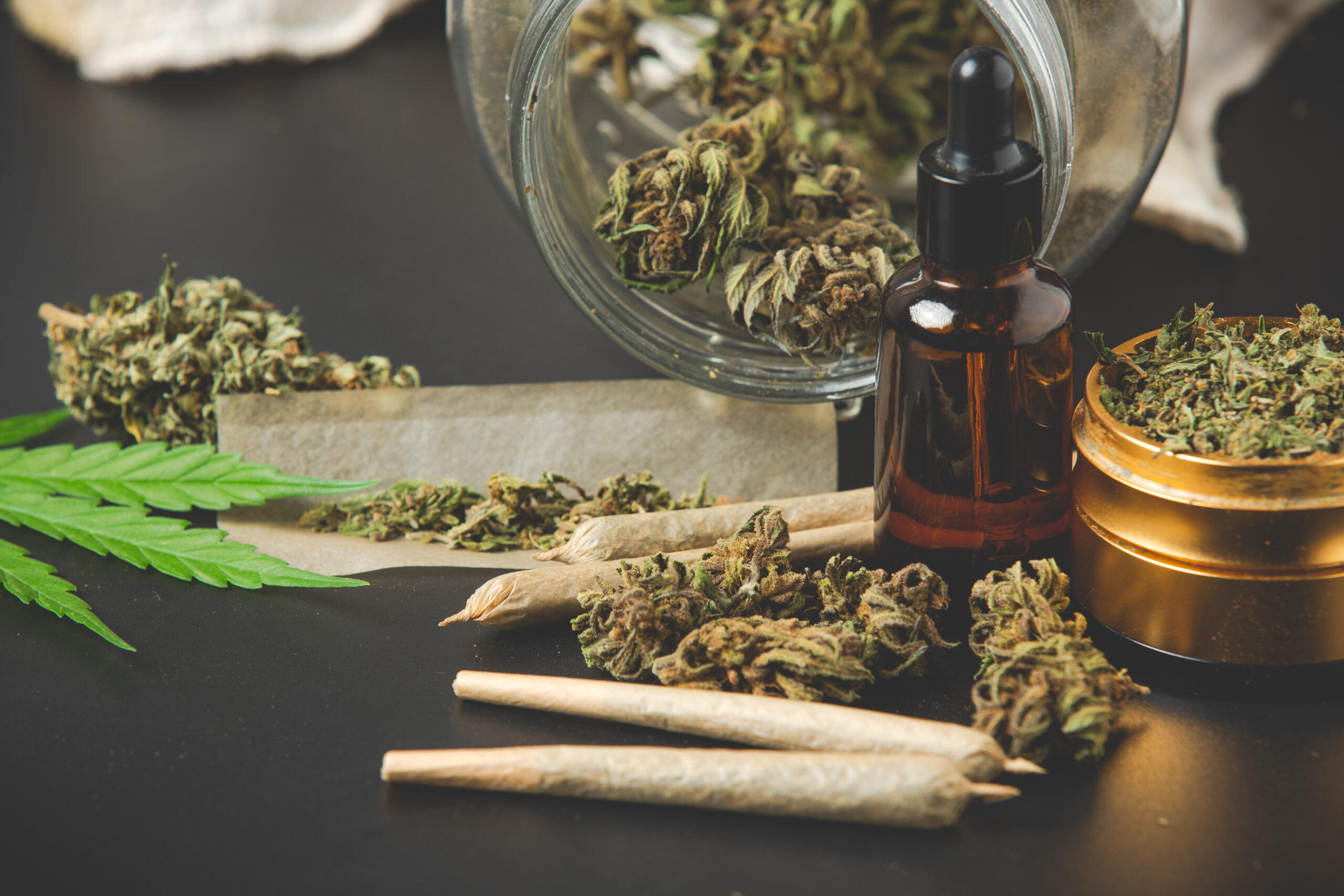Treating your condition with cannabis.
While traditional Western medicine has focused on pharmaceuticals, cannabis provides a natural alternative to treat a wide range of conditions. With legalization surging across the United States, interest in medicinal cannabis still hasn’t peaked. Though many conditions haven’t been closely studied, some have been. We’ll look at 3 conditions that cannabis can relieve, backed by scientific studies.
Treating Glaucoma with Cannabis

Glaucoma is likely inherited and produces an increase in pressure of the inner eye. This pressure can cause optic nerve damage. Permanent vision loss can occur over time, and impair a person’s ability to interact with and navigate the world. So how can cannabis help?
Cannabis was found to reduce intraocular pressure in 65% of users. The study does point out that the benefit of a 30% decrease in pressure after 2 puffs of a 2% THC marijuana cigarette only lasted 3 – 4 hours. Regular marijuana use is required to maintain the benefit.
Additional considerations
Because glaucoma typically affects older adults, there are concerns that negative effects outweigh the positive. Cognitive impairment and ingestion of carcinogens were the leading concerns among scientists. With today’s vaporization devices and edibles, carcinogens are no longer a concern.
Treating Neuropathic Pain with Cannabis
Neuropathic pain is common in victims of car accidents and workplace injuries. Damaged nerves can be responsible for a debilitating pain that doesn’t have a visible source. Physicians and doctors have typically prescribed opioids to treat nerve pain, but this has also led to an increase in addiction reports across the country. Cannabis has been found to provide as much as a 30% reduction in pain, even at low doses.
Additional considerations
There has been an average of a 14% reduction in opioid prescriptions in states where marijuana is legalized.
Treating Asthma with Cannabis

It may sound counterintuitive to take a hit in the middle of an asthma attack, but studies have shown overwhelmingly positive effects. When administered as an aerosol, patients experienced immediate bronchodilation. Studies have also shown positive effects when THC is consumed as an edible.
Though more studies are needed, one company is actually testing cannabis-based asthma medications. Another study induced asthmatic fits in patients and tested patients during an asthma attack. They found that cannabis immediately reversed “exercise-induced asthma and hyperinflation”.
Additional considerations
Reversal of asthmatic attack symptoms was achieved with only a 2% THC solution. This is well below current cannabis THC levels and could provide relief with minimal user impairment.




